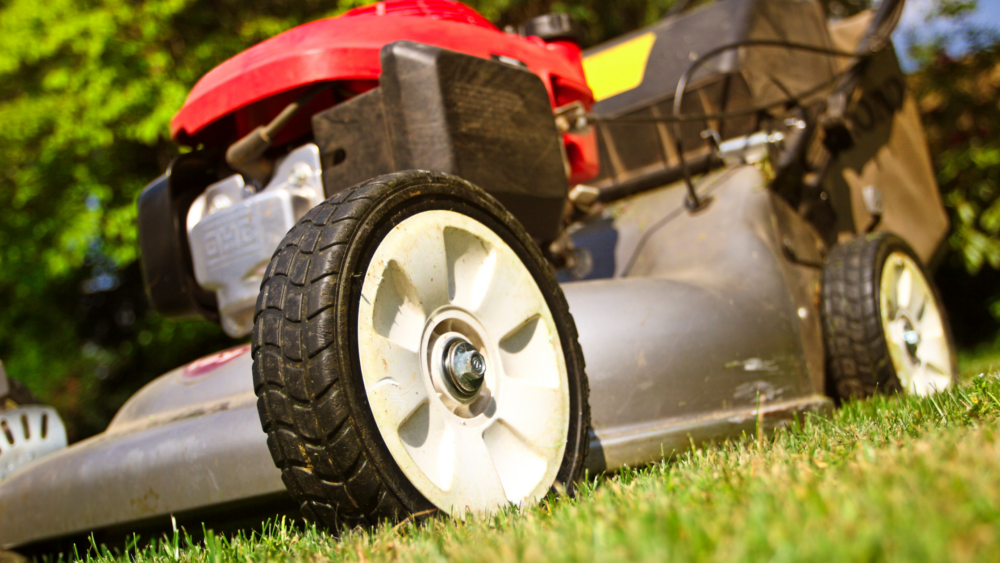Ceiling fans are not only functional but also play a significant role in maintaining comfort and energy efficiency in our homes. Depending on the season, the direction in which your ceiling fan blades spin can make a significant difference in the way you feel and your energy bills. In this blog, we’ll explore the optimal ceiling fan settings for both summer and winter to help you make the most of this essential home appliance.
Summer: Cooling Down
During the sweltering summer months, the primary goal is to keep your living spaces cooler without cranking up the air conditioning and running up your electricity bill. To achieve this, your ceiling fan should spin counterclockwise when looking up at it from below. Here’s why:
- Creating a Wind Chill Effect: Counterclockwise rotation pushes air downwards, creating a wind chill effect. This makes you feel cooler by increasing the evaporation of sweat on your skin, effectively lowering your perceived temperature.
- Enhancing Air Circulation: The downward airflow helps circulate air throughout the room, distributing cool air more evenly and preventing hot spots.
- Reducing Energy Costs: By using your ceiling fan in conjunction with your air conditioner, you can set your thermostat a few degrees higher, which can significantly reduce your cooling costs.
Winter: Warming Up
In the colder winter months, the goal is to keep your living spaces warm without overworking your heating system. To achieve this, your ceiling fan should spin clockwise when looking up at it from below. Here’s why:
- Even Heat Distribution: Clockwise rotation gently draws air upwards and forces the warm air that naturally rises to circulate back down into the room. This helps to even out temperature variations and eliminate cold drafts.
- Reduced Heating Costs: By redistributing warm air more effectively, you can set your thermostat a few degrees lower while maintaining the same level of comfort, ultimately saving on heating costs.
- Preventing Stagnant Air: Running the fan in the winter also helps prevent stagnant air and keeps the room feeling fresher and more comfortable.
Adjusting Your Ceiling Fan
Switching the direction of your ceiling fan is typically done through a switch on the fan’s motor housing. Some newer models even come with remote controls, making it easy to change the fan’s direction at the push of a button.
Remember to turn off the fan before adjusting its direction to avoid damaging the motor or blades. Once the season changes, simply reverse the direction to match the recommended settings.
Ceiling fans are versatile and valuable assets for maintaining comfort and reducing energy costs in your home. By adjusting the direction of your ceiling fan blades according to the season, you can maximize its benefits. During the summer, set it to counterclockwise to cool down, and in the winter, set it to clockwise to warm up. This simple adjustment can help you stay comfortable year-round while saving on your energy bills.







